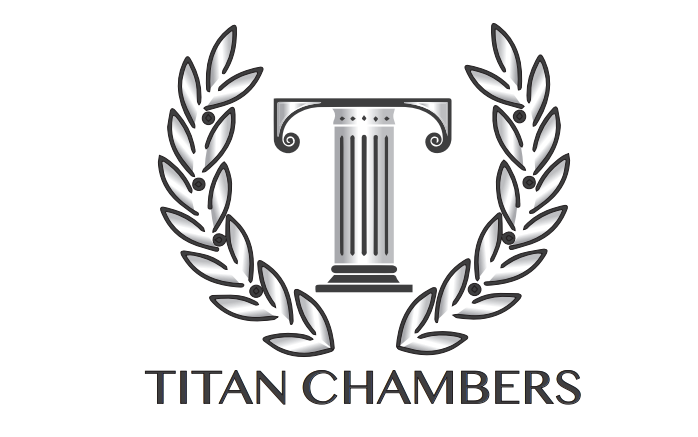This guide provides an overview of the probate process and procedure in Trinidad and Tobago.
What is Probate?
Probate is the legal process that takes place after someone’s death to allow their assets to be transferred to other persons (beneficiaries). A legal document from the Court is needed to be able to access their assets. Where the deceased left a Will,that document is called a Grant of Probate. In contrast, where the deceased left no will, the document is called Letters of Administration.
For more information on the Statutory Rules governing how property passes in the case where a deceased person did not leave a valid Will, visit Statutory Intestacy Rules.
How the Probate process works in Trinidad and Tobago
The probate process involves multiple steps. If you have been named as the Executor in someone’s Will, there are a number of stages to complete. Some estates are more complex than others, and issues may arise. For example, in the case of a deceased who exercised factual but had no legal ownership to a property, if that property is identified as part of their estate, the Attorney for the estate must make further enquiries.
This process can take a few months, and sometimes even years, depending on the backlog in the system and/or the complexities of an individual case.
An Overview of the Probate/Administration Process
The probate procedure in a nutshell is as follows:-
- Confirm whether probate is needed
You may not need probate if all the property/ assets of the deceased were all jointly owned. You may also not need probate if the deceased left a small amount of money. Certain Financial Institutions are able to dispense sums according to the legislative framework and/or internal rules.
- Assess and Value the Estate
A report (inventory) of the assets of the deceased is a pre-requirement for making a probate application. A physical search of the deceased’s effects/ papers is usually recommended. Executors or presumed Administrators must make enquiries at Banks, Credit Unions and other financial and/or other service institutions. Such enquiries must ascertain the extent and value of assets and debts owned or held by the deceased. Note that in many cases financial institutions charge a fee to provide responses to requests for information.
- Consult an Attorney and Apply for Probate/Letters of Administration
In Trinidad and Tobago the application for probate MUST be made through an Attorney-at-Law where an estate is valued at over $4,800.00. While some Attorneys charge either fixed fees or billable hours (up to the prescribed maximum), Attorneys are also allowed to charge fees based on the value of the Estate (see the Schedule to the Wills and Probate Act, Chap. 9:03).
Probate Fees
Certain fees are payable to the State, such as;
- Application Fee – Maximum of $24.00
- Registration Fee – Maximum of $500.00
- Collect and Distribute the Estate’s Assets
Once the Grant of Probate/Letters of Administration is received, the Executor/Administration/his Attorney-at-Law can access the assets of the Deceased. As a result, they can step into their shoes for the purpose of distributing those assets. Land and property can be transferred (“assented”) into the name of the Executor/Administrator. Once this is done, the Executor/Administrator can transfer those assets to the beneficiaries.
Before assets are transferred to beneficiaries, debts, including legal and administrative fees must be settled.
Assets must be distributed according to the Deceased’s will (if they left a valid will that has been proved). If the Deceased dies intestate (they did not leave a will), assets are distributed according to mandatory statutory rules of intestacy.
- Account for the Estate’s assets
In this jurisdiction, Legal Personal Representatives (Executor/Administrator) must file an account showing receipts and disbursements for the estate of the deceased and confirm that Estate Duties (as applicable) have been paid. Throughout this process it is best to keep detailed records of each transaction with each beneficiary.
________________________________________________________________
DISCLAIMER
The information on this site is provided for general information only and does not constitute legal or other professional advice. Unless otherwise specified, content on this site relates only to the laws of Trinidad and Tobago.
No representations or warranties are made about the suitability, currentness, comprehensiveness and/or accuracy of the information on this website. You should consult an Attorney of your choice in any legal matter that you may have. Liability for any loss or damage of any kind whatsoever as a result of utilising the information and of this site is hereby excluded to the fullest extent of the law.

